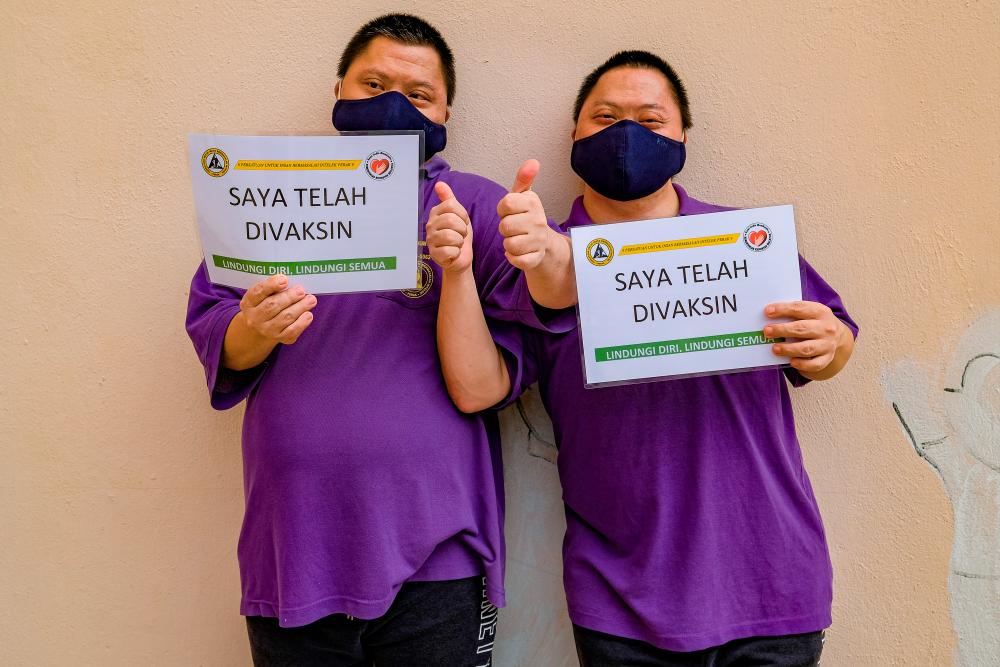KUALA LUMPUR: Pandemic or no pandemic, the national special education policy needs to be improved in efforts to address special needs children, who are among the most vulnerable in the community.
Dr Hasnah Toran, Associate Professor, Centre of Community Education & Wellbeing, Universiti Kebangsaan Malaysia, said there should be better links to post-secondary school education, that children can do once they completed secondary school.
“This entails linking these children to vocational training, and to jobs,” she said at a recent virtual symposium to address community needs in Malaysia during the Covid-19 pandemic.
“We need to have a comprehensive early intervention,“ she said when elaborating on the topic ‘Education: Challenges of Online Learning for Special Needs Children,’ at the symposium organised by RYTHM Foundation - the social impact initiative of the QI Group.
Both Dr Hasnah and Dr Donnie Adams Paramasivam, Senior Lecturer, Department of Educational Management, Planning and Policy, Universiti Malaya, who also spoke on special needs education, agreed that “awareness about the science and characteristics of special needs education is very much needed, especially for parents.”
Datin Sri Umayal Eswaran, chairperson of RYTHM Foundation, lamented that parents, teachers and students were not ready to face the challenges of the pandemic, and that there was no face-to-face communication, particularly dealing with behavioural issues and needs.
“These children have lost more than a year of education, and they have also missed out on therapy, school and a proper learning structure.
Additionally, she noted that some of the teachers and students who live in the interior, such as in Sabah, were unable to go online due to poor internet connections.
“The authorities need to look at all the shortcomings for these vulnerable segments of the community, and for the betterment of Malaysia, in the coming Malaysian Budget 2022 and also the 12th Malaysia Plan,” she said.
To this end, she said the symposium, held to address community needs in Malaysia during the Covid-19 pandemic, called on all stakeholders to focus on vulnerable communities, especially the B40, which is now known as the B60 group, on better and effective ways to face this unprecedented crisis which is causing much fear and anxiety.
The symposium’s primary focus was to draw up the foundation’s position paper, which includes economic issues as well, to be presented to policy makers for forward action, she said.
The purpose is to support the government’s efforts to mitigate the direct and indirect impact of Covid-19 on vulnerable groups, such as special needs children, as well as the community at large, through the generation of high-quality ideas and recommendations by stakeholders, with medium and long-term solutions.
“Children are at risk of becoming silent victims. The crisis that we are in is not just confined to those who have fallen prey to the attacks or the vulnerable groups who are defenceless, but to the nation at large,” said Umayal.- Bernama














